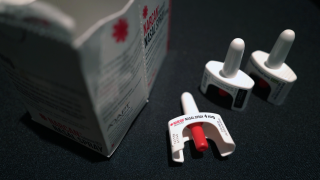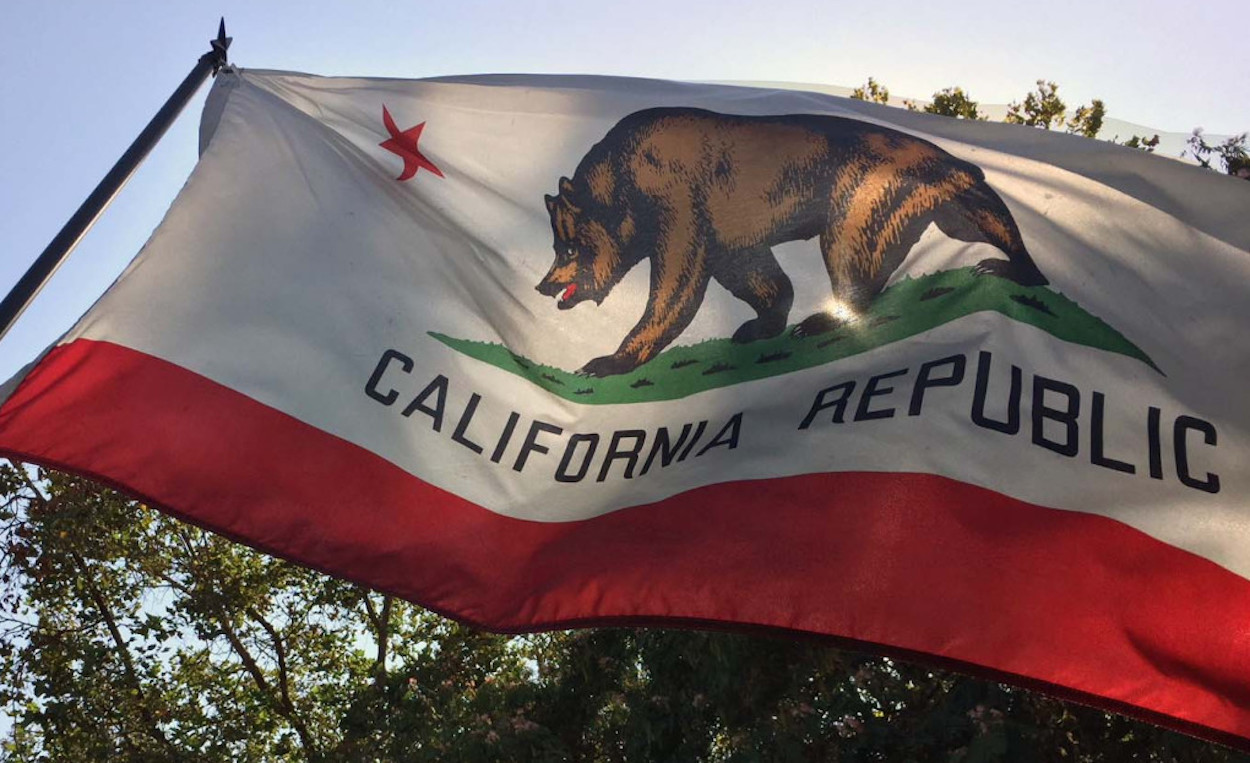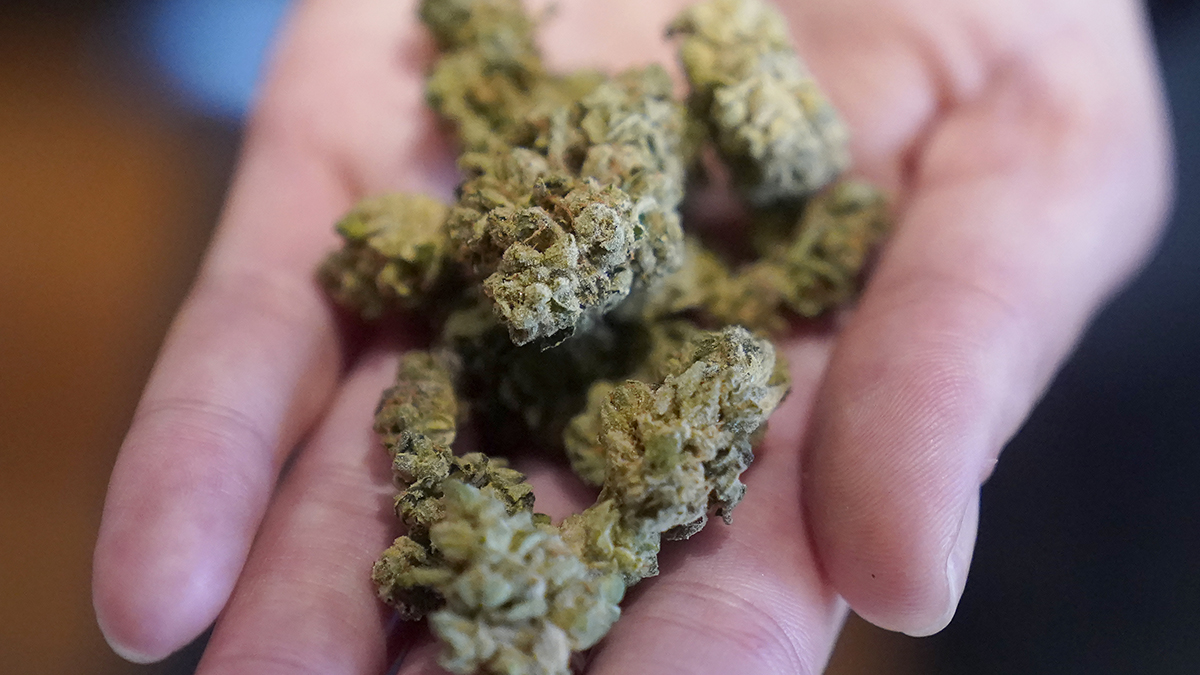
As California tackles its fentanyl crisis, two new laws will be taking effect in January that will make drugs that reverse the effects of opioid overdoses easier to access in certain places and updates the so-called good Samaritan law to include those who administer anti-overdose medication.
Opioid antagonists such as naloxone are administered to people suspected of overdosing. Naloxone -- known mostly by the commercial nasal spray container that administrates it called Narcan -- binds to opioid receptors in the body and blocks the effects of drugs like heroin, morphine, oxycodone and fentanyl.
According to a 2020 report from the California Department of Public Health, overdoses have surpassed car accidents as the leading cause of unintentional injury leading to death in the U.S.
Assembly Bill 234 was introduced by state Sen. Anthony Portantino, D-Burbank, and makes naloxone available in places accessed by age groups that are at higher risk of overdose. Stadiums, concert venues, and amusement parks will now be required to have unexpired doses of naloxone on site at all times, with at least two employees aware of their location.
According to Portantino, an earlier version of his bill included public school campuses, but the governor included that provision into the 2023 adopted budget instead.
Another new law expands protections for people who intervene in a suspected overdose and administer an opioid antagonist.
Assembly Bill 1166 updates the state's good Samaritan law, which says that any person who, in good faith and not for compensation, renders emergency medical care at the scene of an emergency cannot be sued due to an "act or omission" beyond gross or willful negligence or misconduct. This new law adds opiate overdoses to the mix, shielding anyone who administers Narcan from liability in most cases.
AB 1166 was introduced by Jasmeet Bains, D-Delano, who is also behind Assembly Bill 33, which created a fentanyl task force in the state. The Fentanyl Misuse and Overdose Prevention Task Force will collect data on fentanyl use and misuse in the state, provide outreach and education on the problem, and report its findings to the governor and the Legislature by the end of 2025.
Get a weekly recap of the latest San Francisco Bay Area housing news. >Sign up for NBC Bay Area’s Housing Deconstructed newsletter.



